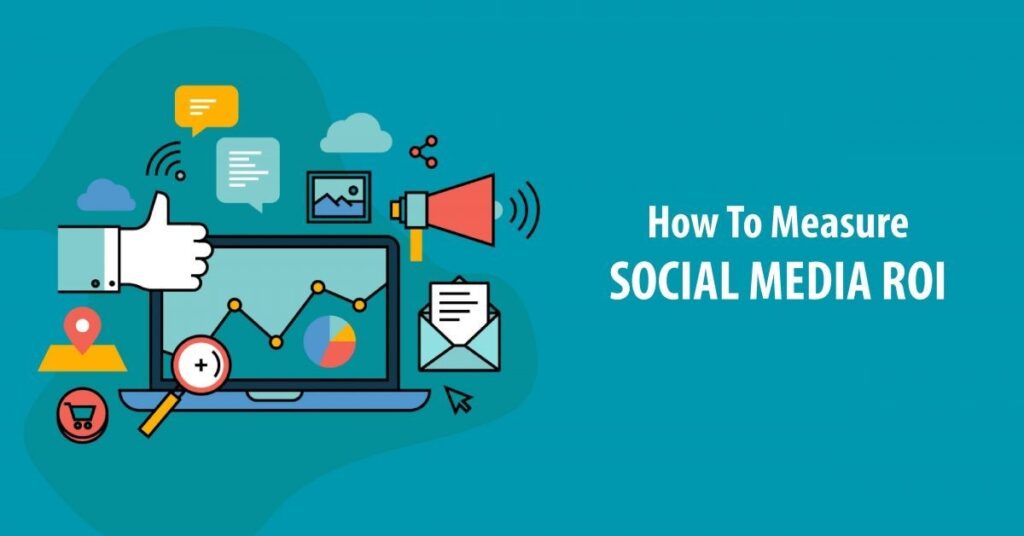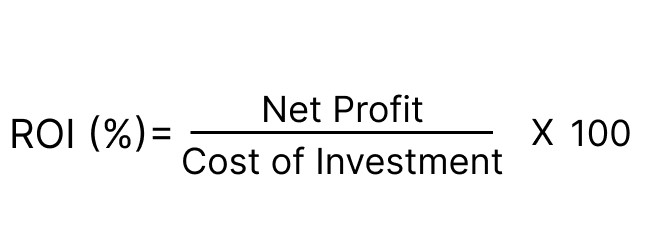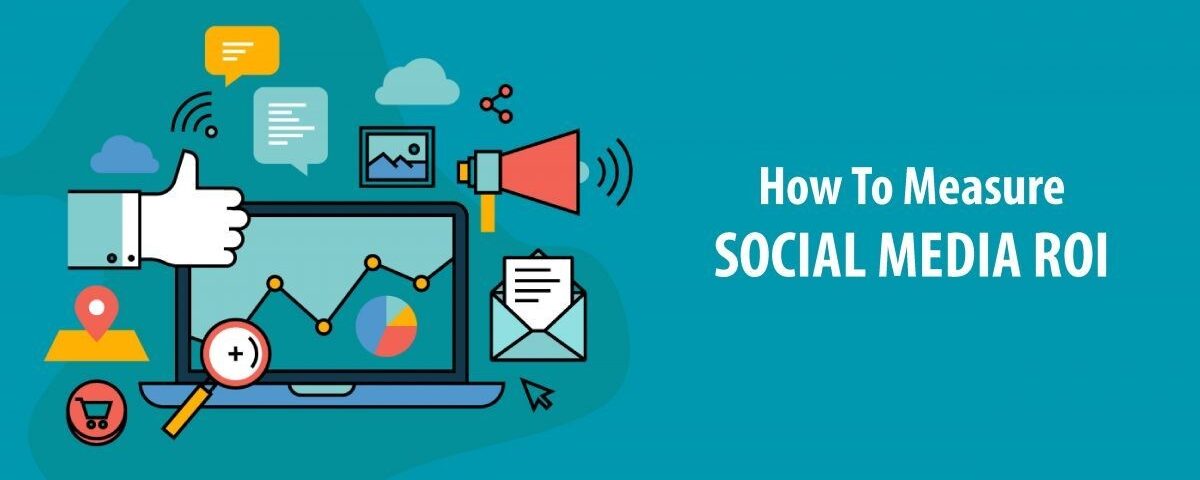- Have any questions?
- +91 96020 93137
- +91 93525 62080
- info@worldseoservices.com
How to Measure ROI from Social Media Marketing Efforts

Organic vs. Paid Social Media: Which Strategy is Best for Your Brand?
December 2, 2024
Engagement Hacks: How to Boost Likes, Comments, and Shares
December 2, 2024In today’s digital world, social media marketing plays a pivotal role in helping businesses connect with their audience, build brand awareness, and drive conversions. However, one of the most critical questions businesses often face is how to measure the effectiveness of their social media campaigns. Understanding how to measure ROI from social media marketing is essential for evaluating the success of your efforts, optimizing strategies, and justifying your marketing budget.
At World SEO Services, we understand that calculating ROI is not always straightforward. In this article, we’ll guide you through how to measure the return on investment (ROI) from your social media marketing efforts, ensuring you can make data-driven decisions and maximize your campaign’s potential.

What is ROI in Social Media Marketing?
Return on Investment (ROI) in social media marketing refers to the amount of profit or value your business gains from the money spent on social media campaigns. In other words, ROI is a metric that helps you understand whether your social media marketing efforts are generating enough value relative to the cost involved.
Calculating ROI for Social Media Marketing: The Formula Simplified

Where:
Net Profit: Revenue generated from your social media efforts minus associated costs.
Cost of Investment: Total expenditure on campaigns, including ad spend and resources.
This calculation helps assess the financial return from your social media marketing activities.
Where:
Net Profit is the revenue generated from social media activities minus the cost of the campaign.
Cost of Investment includes all costs associated with social media marketing efforts (ad spend, content creation, software tools, etc.).
Why Tracking ROI Matters for Social Media Strategies

1. Assessing Effectiveness
Measuring ROI helps you understand whether your social media marketing campaigns are delivering the desired results. If you are not tracking ROI, you may not know if your time and money are being spent wisely.
2. Optimizing Budget Allocation
When you know which platforms and strategies are yielding the highest ROI, you can allocate your budget more effectively.
3. Proving Marketing Value
For many businesses, demonstrating the value of social media marketing to stakeholders is crucial. By measuring ROI, you can show how social media marketing contributes to revenue, making it easier to justify the budget and investment in these efforts.
Key Metrics to Track for Measuring ROI
To accurately measure ROI from social media marketing, it’s essential to track specific metrics that align with your business goals.
1. Revenue Generated from Social Media
The most direct way to measure ROI is by tracking the revenue generated through social media campaigns. This can include direct sales from social media posts, ad campaigns, or product promotions. To track this, integrate e-commerce platforms with social media channels and set up conversion tracking.
2. Cost per Acquisition (CPA)
CPA (Cost Per Acquisition) is a marketing metric that calculates the expense incurred to gain a new customer or conversion. It helps businesses assess campaign effectiveness and optimize spending.
Formula for CPA:

3. Customer Lifetime Value (CLV)
Customer Lifetime Value (CLV) is the total revenue you expect from a customer during their relationship with your brand. A high CLV means that the money spent on acquiring customers via social media is generating substantial long-term value.
4. Engagement Metrics
Metrics such as likes, shares, comments reflect how well your content resonates with your audience. Higher engagement can lead to increased brand visibility and trust, indirectly impacting sales and ROI.
5. Website Traffic from Social Media
Use Google Analytics or other website tracking tools to determine which social media platforms are sending the most traffic to your site.
Key metrics to track in this regard include:
- Click-through rate (CTR)
- Bounce rate
- Time spent on site
6. Conversion Rate
The conversion rate measures how many visitors from social media campaigns take a desired action (e.g., make a purchase, sign up for a newsletter, or fill out a contact form).
Formula for Conversion Rate:

A high conversion rate means your social media strategy is effectively leading users through the sales funnel, ultimately impacting your ROI positively.
How to Accurately Measure ROI from Social Media Campaigns
To calculate ROI, follow these steps:
1. Set Clear Objectives:
Start by defining your goals for the campaign. Are you focused on increasing brand awareness, generating leads, driving sales, or boosting engagement? Your objectives will determine which metrics to track.
2. Track Your Costs:
Track all expenses related to the campaign, including ad spend, content creation costs, tools, influencer payments, and any other investments.
3. Measure Revenue or Value Generated:
Determine how much revenue or value your social media efforts have generated. For e-commerce businesses, this is typically straightforward. For brands focused on lead generation or brand awareness, consider tracking leads, email sign-ups, and website visits that result from your campaigns.
4. Analyze and Optimize:
Once you have your ROI, analyze the results. If the ROI is lower than expected, evaluate what went wrong. Are there adjustments to your targeting, messaging, or content that could improve results in future campaigns?

Powerful Tools to Evaluate Social Media Marketing Performance
Many several tools are used to help in tracking and measuring ROI effectively, which are as follows:
- Facebook Insights: Provides detailed analytics on Facebook campaigns, including reach, engagement, and conversions.
- Twitter Analytics: Helps monitor engagement and follower growth, enabling you to measure the success of Twitter campaigns.
- Sprout Social: Offers in-depth social media analytics and reporting, helping you track engagement, conversions, and ROI.


